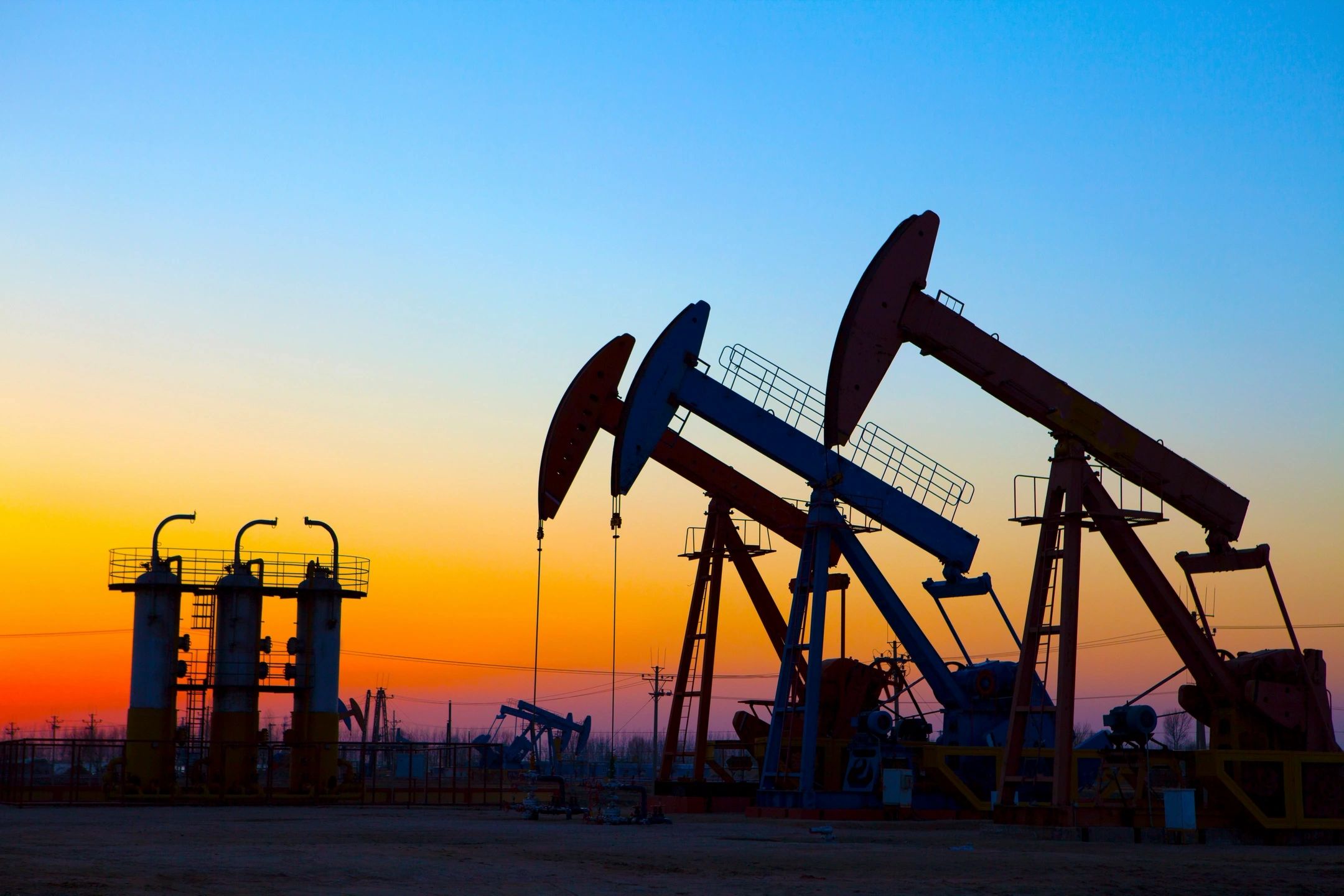The release of governmental initiatives aimed at regulating fossil fuel emissions is scheduled to occur during COP28.
The federal government has indicated that the anticipated framework for Canada’s oil and gas emissions cap could be revealed imminently. Environment Minister Steven Guilbeault, currently attending COP28 in Dubai, expressed confidence on Friday that the framework would be presented by the conclusion of the conference. Prime Minister Justin Trudeau had previously announced the Liberal government’s commitment to implementing emissions limits for the oil and gas sector during a COP summit in 2021. Guilbeault cited recent legal challenges as one of the factors contributing to the government’s extended timeline for formulating the framework.
“The Supreme Court decision on impact assessment and the federal court ruling on plastics… has meant that we have to make sure that it tackles pollution without infringing on provincial jurisdiction,” he said.
Recently, the Supreme Court declared that a federal law overseeing environmental impact assessments encroached on provincial jurisdiction. Simultaneously, a Federal Court ruling invalidated Environment Canada’s classification of all plastic manufactured items as “toxic.”
Despite Ottawa’s emissions modeling and external predictions, Canada is currently falling short of its emissions reduction objectives. Since 2005, substantial cuts in emissions have been achieved in the electricity sector, with some marginal reductions observed in other sectors. However, emissions from the oil and gas industry have increased in tandem with production.
Prior to arriving in Dubai, Guilbeault suggested that Canada might unveil more robust methane regulations during COP28. Additionally, he mentioned collaborative efforts with Washington on this matter. Methane, recognized as one of the most potent greenhouse gases contributing to global warming, underscores the importance of such regulatory measures.



